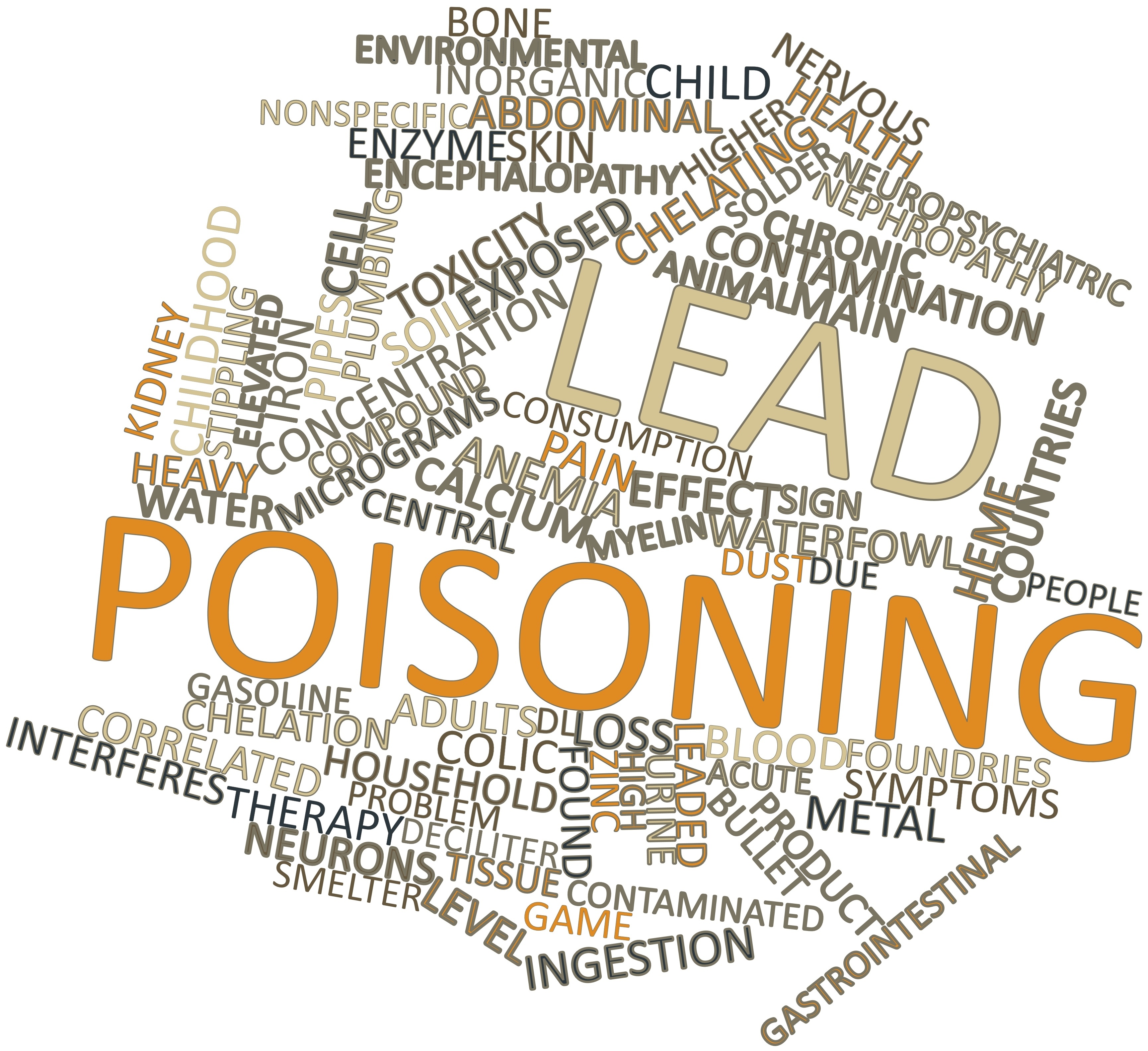Signs of Lead Poisoning and What to Do about It
Lead is a natural element that can be found all over the earth. However, it is toxic to humans – even in small quantities. One of the most common places to find lead is in paints.
These days, most paints do not contain lead because we know how dangerous it is. However, it is something that you may still find in older paint. Lead may even be present in dust that has been contaminated with lead particles.
Lead poisoning is a very serious condition and can affect adults, children, and even animals. Children are especially prone to lead poisoning because they tend to put a lot of things in their mouths. If you are a parent, try to ensure that your child does not play with toys that have lead paint on them and watch so that they do not put toys in their mouths as much as possible.
Usually, small amounts of lead will not cause significant harm to the body. However, if the amount of lead in the body accumulates, this is where lead poisoning occurs. It may take several years before lead poisoning occurs – but it can also happen in as little as a few months or even days.
If you are worried that you may be suffering from lead poisoning, how do you know?
Symptoms of Lead Poisoning
It is not very common for people to experience lead poisoning after only being exposed to it once. However, with repeated exposure, there are many symptoms that may occur to indicate that the body has been exposed to too much lead.
The symptoms that adults experience are usually different from the ones that will be observed in children. Some of the symptoms that adults may experience include:
- Headaches
- Constipation
- Fatigue
- Loss of memory
- Anemia
- Abdominal cramps
- Loss of appetite
- High blood pressure
Symptoms that are common in children include:
- Delay in growth
- Low grades in school
- Behavioral problems
- Hearing problems
- Learning difficulties (may be short-term or long-term)
- Low IQ
- Mental retardation that seems to be unexpected
If the quantity of lead in the body is extremely severe, more intense symptoms may be experienced. In fact, lead poisoning can be fatal if left untreated.
How Lead Poisoning Is Treated
Although you or a medical professional may suspect lead poisoning, there is only one way to confirm it – a blood test. This will determine exactly how much lead is in the blood and whether the levels have become toxic.
Once lead poisoning has been diagnosed, your physician will recommend that you get rid of the source of contamination. If the case is severe, you may have to undergo a procedure known as chelation therapy. This removes the lead from your body via urine. Activated charcoal may also be used to help eliminate the lead. However, some symptoms, especially those in children, may be irreversible.
How Can You Prevent Lead Poisoning?
There are many things you can do to prevent lead poisoning. Here are a few tips that you may find useful:
- Try to keep your home dust-free.
- Try not to purchase painted toys and canned items from foreign countries
- Avoid areas that have lead-based paint
- If you do not have a filtration system on your pipes, test your water regularly for lead.
- Make sure that your child is tested for lead poisoning, especially between the ages of 1 and 2.
If you or a loved one has been diagnosed with lead poisoning due to the negligence of another, you may be able to hold them liable and receive needed compensation. Learn what options are available to you by getting in touch with a knowledgeable New York personal injury who knows how to get you results as soon as possible.
This website contains “Attorney Advertising.” It is designed for general information only and should not be construed to be formal legal advice. Prior results cannot and do not guarantee a similar outcome. Please contact us by telephone or email. Be advised that using any method of communication to contact us does not create an attorney – client relationship. In order for this office to represent you, we must enter into a written retainer agreement. Simply contacting us does not create an attorney-client relationship. Please do not send any confidential information to this office until after a signed retainer has been entered into by you and this office.

